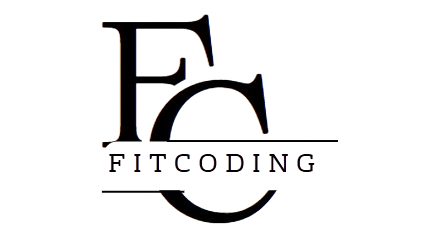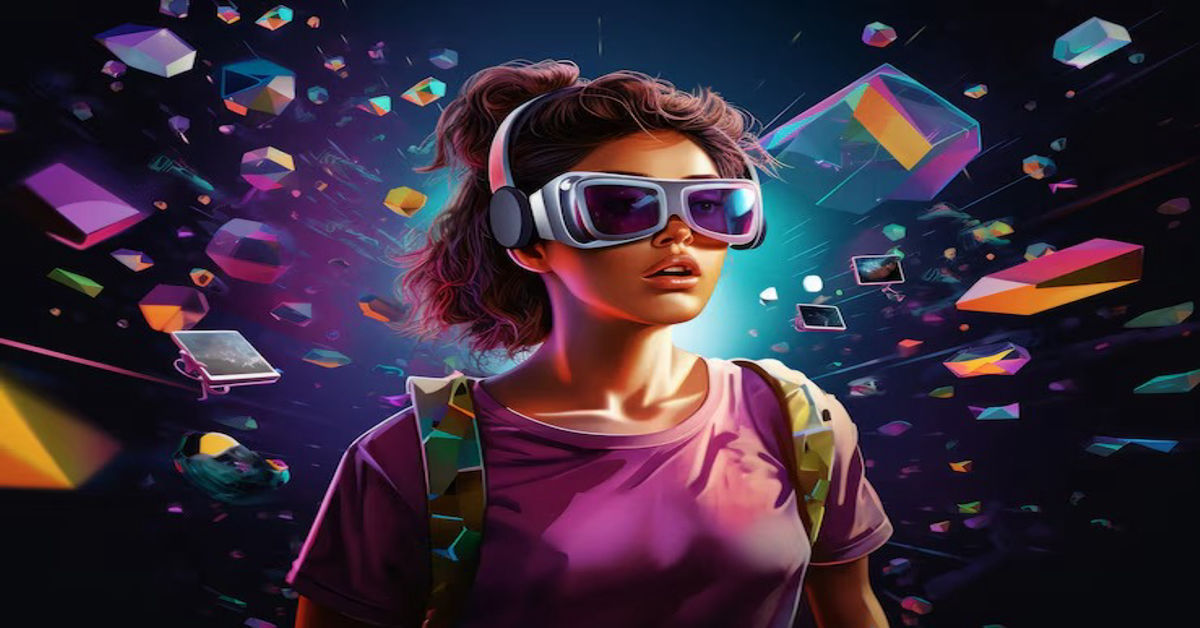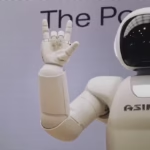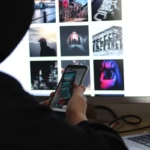In a landscape dominated by clean selfies, hyper-realistic filters and overly edited avatars a new form of artistic expression has emerged—Caricatronchi. This creative movement takes inspiration from both traditional caricature and modern surrealism, merging them into a digital format that embraces imperfection, humor, and emotional depth.
Caricatronchi captures not just how people look but who they are—fragmented, expressive, evolving. It’s a visual metaphor for the fluid identity we carry across digital spaces.
The Origins: From Caricature to Caricatronchi
The name “Caricatronchi” is a fusion of “caricature” and the Italian word “tronchi,” meaning trunks or fragments. This is significant—while caricatures exaggerate features for comic or satirical effect, Caricatronchi delves deeper.
This form distorts visual elements not only for humor but also to narrate a story. Each portrait becomes a fragmented expression of emotions, experiences, and individual quirks—visually chaotic but thematically cohesive.
Why Caricatronchi Matters in the Digital Age
As more of our interactions take place online, the way we represent ourselves visually becomes a critical part of our identity. From profile pictures to emojis and stickers, digital avatars serve as the front-facing version of our real selves.
Traditional selfies and avatars often fall short—they’re too perfect, too polished. Caricatronchi reclaims the authenticity lost in algorithmically enhanced images by injecting subjectivity, creativity, and emotional nuance into the digital self.
Artistic Techniques Behind Caricatronchi
Caricatronchi is not a one-size-fits-all style. Artists use a variety of techniques to bring this genre to life:
- Exaggerated Proportions: Enlarged heads, tiny torsos, warped eyes.
- Mixed Media Effects: Combining hand-drawn sketches with AI-generated textures.
- Surreal Backdrops: Abstract or dreamlike backgrounds that enhance the subject’s personality.
- Symbolic Elements: Inclusion of personal symbols, metaphors, or cultural motifs.
Each piece serves as a digital autobiography—distorted yet profoundly revealing.
Caricatronchi vs. Traditional Avatars
| Feature | Traditional Avatar | Caricatronchi |
| Realism | High | Low to Medium |
| Emotional Depth | Low | High |
| Artistic Freedom | Limited | Extensive |
| Storytelling Capability | Minimal | Strong |
| Customization | Preset Features | Fully Personalized |
| Cultural Commentary | Rare | Frequently Present |
Caricatronchi is less about representation and more about interpretation—turning a simple portrait into a story.
The Psychology of Digital Self-Expression
Our digital identities serve more than a social function—they shape how we perceive ourselves. Studies in digital psychology reveal that avatars influence behavior, confidence, and social interaction.
Caricatronchi allows users to embrace imperfections and turn perceived flaws into focal points of strength. By doing so, it enhances digital self-awareness and promotes mental well-being.
Caricatronchi in Pop Culture and Media
Caricatronchi is starting to ripple through popular media and influencer culture. Instagram artists, NFT creators, and digital illustrators are adopting this style to differentiate themselves and challenge aesthetic norms.
- Social media avatars are being replaced with hyper-expressive Caricatronchi portraits.
- Twitch streamers and YouTubers use them as visual signatures.
- Some indie musicians have started featuring Caricatronchi artwork in album covers and video thumbnails.
How to Create Your Own Caricatronchi
You don’t need to be a professional artist to dive into this movement. Here’s how you can begin:
- Gather Personal References – Photos, symbols, favorite colors.
- Choose a Style Base – Sketch, digital, AI-assisted.
- Distort with Intent – Exaggerate features that carry emotional or symbolic weight.
- Layer in Meaning – Add abstract elements that represent personality or memories.
- Experiment – Let go of perfection; embrace the process.
Tools and Platforms Supporting Caricatronchi
Digital art platforms are beginning to adapt to this trend. Here are some tools that can help:
- Procreate & Clip Studio Paint – Excellent for freeform sketching.
- AI Tools like Artbreeder – To generate surreal base imagery.
- Photoshop with Distortion Filters – Useful for manipulating proportions.
- Blender or Nomad Sculpt – For creating 3D versions of Caricatronchi.
Communities like DeviantArt and Behance also showcase evolving styles and offer inspiration.
Caricatronchi for Artists: Opportunities and Challenges
Opportunities:
- New Revenue Streams: Commissions, NFTs, licensing.
- Artistic Freedom: Zero constraints on symmetry or realism.
- Personal Branding: A distinct style that cuts through the noise.
Challenges:
- Understanding Psychology: The best Caricatronchi portraits are emotionally intelligent.
- Time-Consuming: Creating expressive, symbolic art requires more than technical skill.
- Balancing Humor and Depth: Staying engaging without veering into parody.
Case Studies: Artists and Influencers Embracing the Trend
1. Luca Spettro – An Italian illustrator who pioneered the blend of Renaissance art styles with Caricatronchi.
2. JunoBytes – A Twitch streamer who commissions a new Caricatronchi monthly to reflect emotional states.
3. Aya Doodle – Uses Caricatronchi to narrate personal stories of migration and cultural identity.
These creators show how Caricatronchi is not only a style but also a storytelling device.
Future Trends in Caricatronchi and Digital Identity
- Integration with AR/VR: Imagine walking into a virtual space where avatars are living, breathing Caricatronchi.
- AI-Generated Templates: Personalized in seconds with input prompts.
- Therapeutic Use Cases: Used in therapy to help individuals express inner states visually.
The movement is likely to grow into an art-therapy hybrid that supports creativity and mental health.
Key Elements of Caricatronchi
| Element | Description |
| Name Origin | Caricature + Tronchi (fragments) |
| Visual Style | Exaggerated, surreal, symbolic |
| Core Purpose | Self-expression, identity storytelling |
| Primary Tools | Digital art software, AI, 3D modeling |
| Audience | Artists, influencers, digital identity seekers |
| Impact | Promotes emotional authenticity in digital representation |
| Common Features | Warped faces, symbolic objects, surreal backdrops |
Conclusion & Call to Action
Caricatronchi isn’t just a trend—it’s a reimagining of how we see ourselves in a world that often pushes polished perfection. This digital art form invites us to embrace chaos, flaws, and symbolism as authentic parts of our identity.
Whether you’re an artist, a content creator, or someone looking to break out of the selfie mold, consider stepping into the world of Caricatronchi. It’s not about how you look—it’s about who you are and how your story can be told in colors, curves, and surreal lines.
FAQs
Q1: Is Caricatronch’i only for artists?
Not at all. Anyone can participate, whether you’re creating or commissioning your portrait.
Q2: Can I use Caricatronch’i as a profile picture?
Absolutely. Many use them on social platforms, business cards, or even NFTs.
Q3: Is there a specific software to create Caricatronch’i?
No single tool is required. It’s about combining what works for your vision—digital brushes, AI, or 3D tools.
Q4: Is it similar to caricature art?
It draws from caricature but goes deeper—aiming to tell stories rather than just exaggerate for humor.
Q5: How do I find an artist who creates Caricatronch’i?
Look on platforms like Behance, Fiverr, or Instagram using the keyword to filter portfolios.











